 When we were kids, I used to envy my cousin Judy no end. When we were in high school, she was never without a date on the weekend, while I sat home feeling sorry for myself. Judy was pretty and cute, but not stop-traffic gorgeous; not a cheerleader; not wealthy; she didn’t drive a snazzy car, but she always had boys lining up around the block, dying to spend time with her. And no, she didn’t put out!!!
When we were kids, I used to envy my cousin Judy no end. When we were in high school, she was never without a date on the weekend, while I sat home feeling sorry for myself. Judy was pretty and cute, but not stop-traffic gorgeous; not a cheerleader; not wealthy; she didn’t drive a snazzy car, but she always had boys lining up around the block, dying to spend time with her. And no, she didn’t put out!!!
Years later, I finally asked her what her secret was. Know what she told me? “I never worried if I was good enough for them. I just wanted to know, is this guy gonna be good enough for me?”
What a lesson. I’ve never forgotten it. And here’s why you shouldn’t either.
- You’re already “good enough” for them.
- Your organization and its mission and programs are already “good enough” too.
- And it’s “their” problem if they haven’t figured it out – and your problem if you haven’t told the world.
Let me explain.
Judy – who still looks exactly like she did at age four and in high school – was and is entirely self-confident. She knows if you’re OK with yourself, others are as well. Now this post is not a lesson in self-esteem, it’s about fundraising, so let’s talk about why Judy’s experience is so relevant.
First, avoid the tin-cup mentality. it’s amazing how often people raise money using the tin-cup approach: “Give us money because we need it!” “Help now! Because we need money!” “If you don’t give us money now, little Johnny doesn’t get his puppy!” “We’re really in a bind and we’re counting on YOU to get us out of it!” Not very appetizing to the guy on the other end of the so-called “ask.” If you were selling something, it would come across like “buy from me or I’ll kill you.” If you’ve ever had this done to you, you would hate it. If you’ve ever done this, please bow your head in shame.
Judy never felt she had to beg for attention, or worry about the other person’s reaction to her. Instead, she spent her time getting to know the other person, producing rapport and interest. It came naturally to Judy; she’s really gifted that way. But these are skills you can learn – and you must if you’re going to be successful at fundraising.
Second, understand your financial and social value. You wouldn’t have been able to get your organization off the ground unless you had something to offer. Your programs would be unused, your clients would not exist, your board would not be there for you. If you’re still tin-cupping around your fundraising, ask yourself why you are not convinced of the value of your own organization.
And finally, stop asking where the donors are hiding. Cousin Judy never spent any time obsessing about where the “good” guys were hiding out, unlike what far too many of my straight female friends have whined about over the years. There is no secret stash of “good” donors out there, no magic door behind which they are hiding. They’re already available, and most likely looking for your organization, even if they don’t know it yet. If you’ve got a meaningful mission, good programs, and effective ways to let the world know it, donors and potential donors will find you.
Want to learn more about my cousin Judy, and how she influenced my approach to fundraising? Ready to start a fundraising revolution in your nonprofit? Then you’ll want to read my book Fundraising the SMART Way™.

